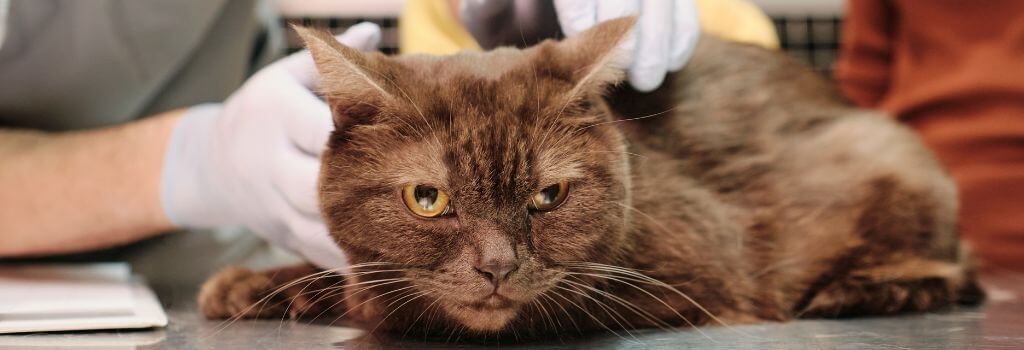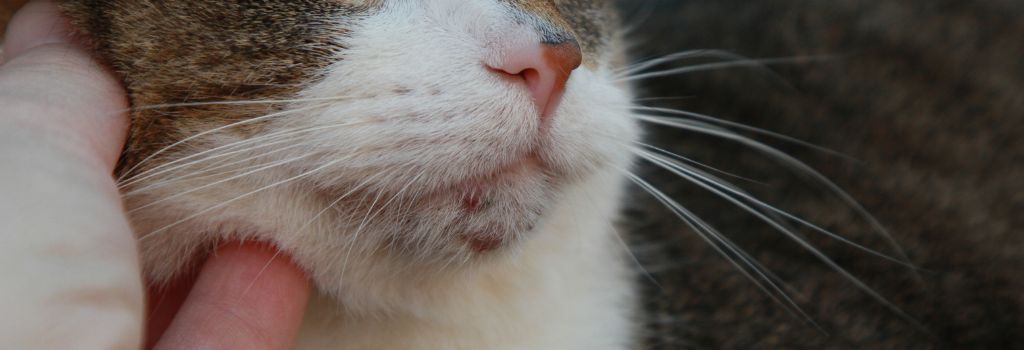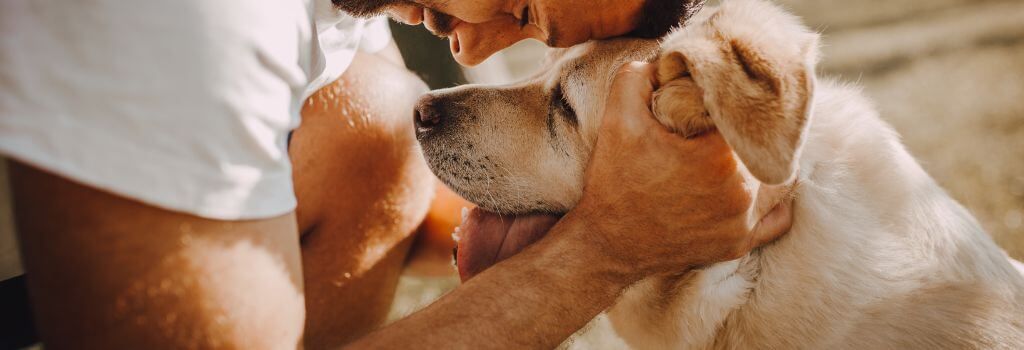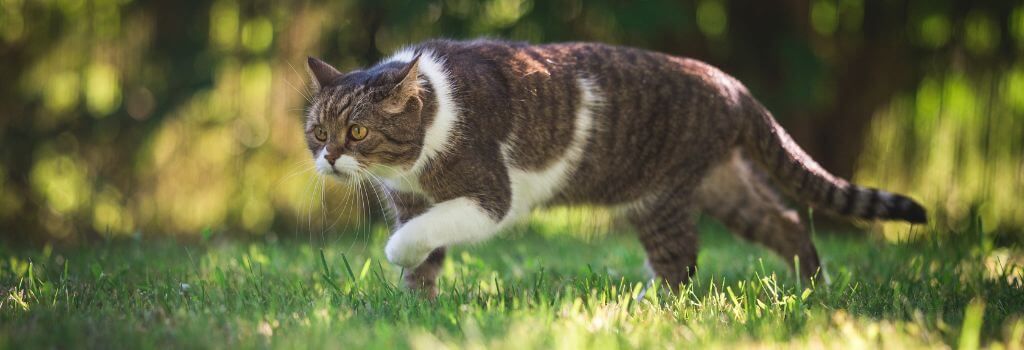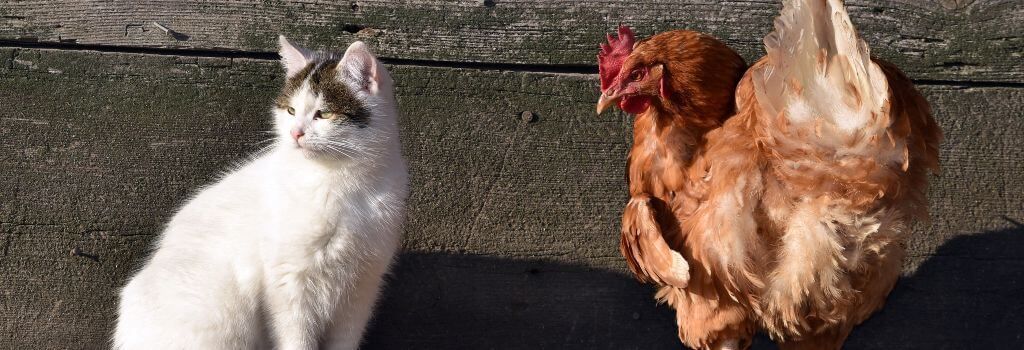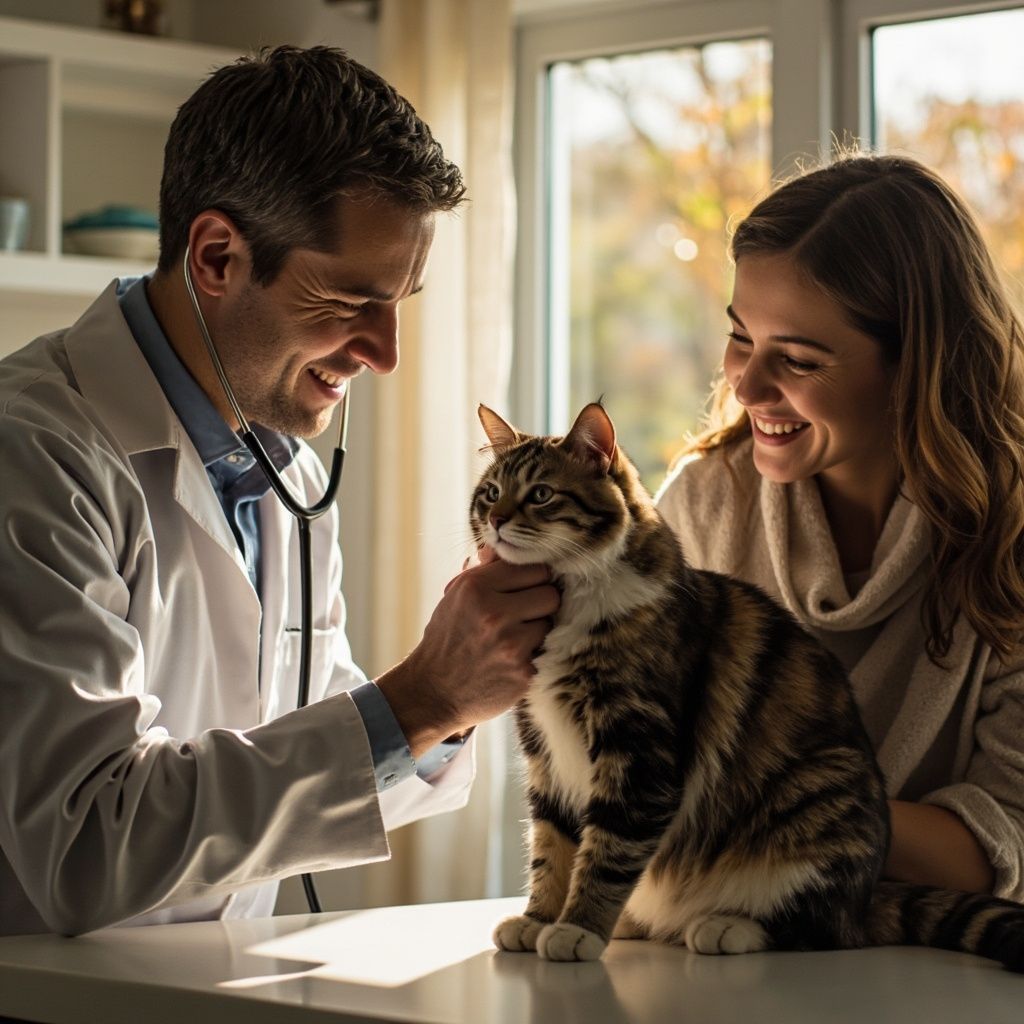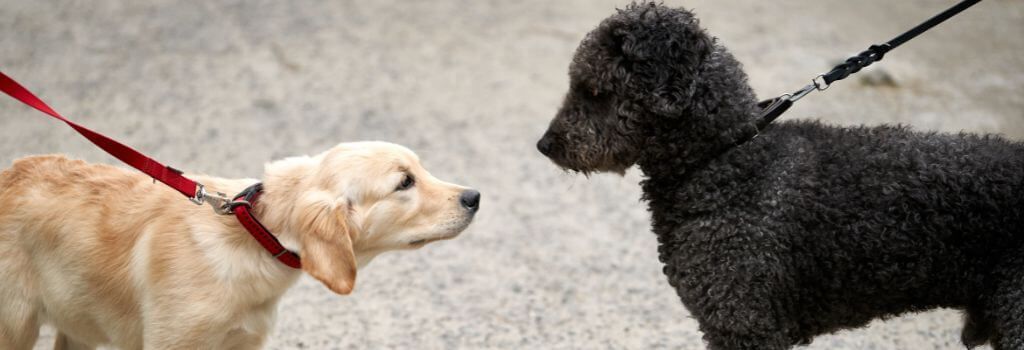Understanding Pet Euthanasia: What to Expect and How to be Prepared
Pets bring us a lifetime of joy and special memories. Over the years, we develop such strong bonds with them that it is extremely difficult to say goodbye when the time comes. Euthanasia is the final gift we can give to express how much we love them. We offer this solely for them because their lives can no longer be fully lived. It is truly a selfless decision and an act of compassion and kindness, no matter how hard it may be for us to live without our cherished friends.
When it is time for your pet to cross the Rainbow Bridge , demystifying the process can help you have a better understanding of what to expect. Most veterinary practices offer euthanasia services and partner with a trusted cremation service. It can be comforting to have your family veterinarian perform the procedure. There are also several in-home euthanasia providers in most areas that your veterinarian can likely refer you to, if you prefer the process to take place in your own environment. Other times, your own veterinarian may provide concierge in home euthanasia by request. Answers to some of the most asked questions are below.
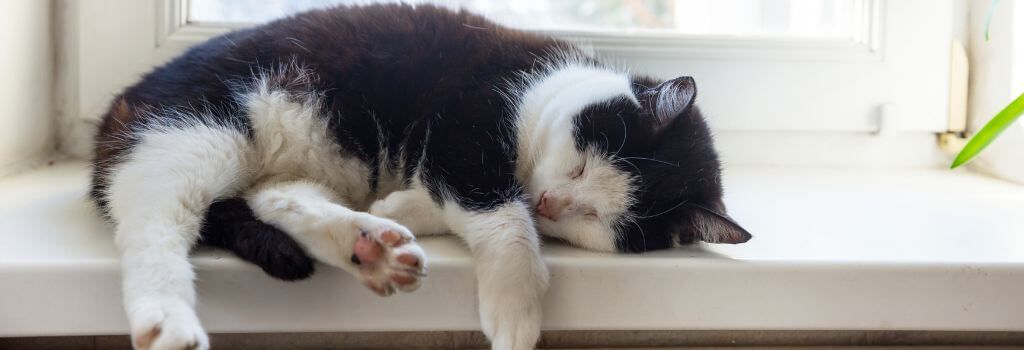
How Do I Know When It Is Time To Consider Euthanasia For My Pet?
Most pets presented for euthanasia have been sick or declining for some time. They have usually gradually declined to the point that life is no longer as enjoyable. Their owners love them dearly and have trouble viewing their quality of life objectively because brief moments of life quality may show occasionally. A good way to measure this a little more objectively is to place a “+” on a day that is a good day and a “-“ on a bad day. When the number of “-“ outweighs the number of “+,” it is likely time. All pets will experience changes as they age , but it's up to us as owners to detect when those changes are impacting their quality of life to a point that the comfort and joy has diminished.
How Should I Prepare For My Pet's Euthanasia?
Because this is such an emotionally charged time, preparing a few decisions in advance can be incredibly helpful and relieve some of the stress and emotional upset that comes with losing a pet. Try to choose after care arrangements, such as cremation or burial, ahead of time and prepay for these services and the euthanasia itself so you are not handling these during the procedure.
Many people also create a special time or ritual as a way to create last special moments with their pet, such as saying goodbye in a favorite spot, bringing music or a loved toy or giving them a final meal or treat.
Will My Pet Be Scared?
Before administering the euthanasia solution, most veterinarians will gently sedate pets to help them feel calm and free from any stress or anxiety. This quick sedative injection allows your pet to relax and peacefully spend their final moments in your comforting presence. If you choose to step out of the room, know that the sedation ensures your pet is unaware of its surroundings, allowing you to leave without feeling like you're abandoning them. For some people the best option is to remain with their pet, for others it is to leave with the memory of their pet alive. There is no right or wrong choice. You and your pet's comfort is the top priority during this emotional time.
Will Euthanasia Be Painful For My Pet?
Pet owners will be relieved to realize that the euthanasia process is designed to be completely painless for your pet. Your pet will not feel anything after sedation. At our hospital, we utilize a combination of drugs that make pets completely unaware and very relaxed prior to euthanasia, falling asleep with their owner first.
How Long Does Pet Euthanasia Take?
Depending on whether the veterinarian prefers a catheter or not, the sedation may take up to 10 minutes. Euthanasia itself occurs within a matter of seconds once the actual euthanasia drug is administered.

Do I Need to Be Present for My Pet’s Euthanasia?
The decision of whether you want to say good-bye to your pet after sedation, prior to the euthanasia process is completely up to you. Some owners may find comfort in being there for their pet in their final moments, while others may find it too distressing. Whatever your decision may be, just let a member of the veterinary team know so they can accommodate your wishes and make the experience as peaceful as possible for both you and your pet.
When it comes to other family members and children, consider their needs and preferences as well. While being with your pet prior to their passing can help your family with closure and start a healthy grieving process, it can also be frightening and upsetting for some, especially younger children who may not completely understand death yet. If you have concerns, talk to your veterinarian, as they have recommendations on how to start healing after the loss of a pet.
What’s the Cost of Euthanizing a Dog or a Cat?
While it may seem inappropriate to think about the costs associated with euthanasia when considering if it’s time to put your pet down, it’s a valid concern for many pet owners. Understanding euthanasia expenses, as well as the associated costs of aftercare, helps avoid any surprises at the veterinarian’s hospital and allows you to give your pet your undivided attention in its final moments.
In general, the cost of pet euthanasia varies based on several factors, including the size of the pet, location, and the services chosen. In general, euthanasia at a veterinary hospital ranges between $75 and $200, with additional fees for exams, if required. Opting for at-home euthanasia is more expensive, typically ranging from $100 to $200, with potential additional travel or home visit fees. Aftercare services, like cremation or burial, add further costs. Private cremation ranges from $100 to $200, while communal cremation is more affordable, starting around $76. Pet burial in a cemetery may cost between $500 and $700, but again, this may vary depending on your area.
If finances are a major concern when considering euthanasia for your pet, there may be some lower-cost options available in your area. Check with local pet shelters and humane societies to see if there are any discounted services or payment plans.
What Happens Afterward?
Your pet is carefully wrapped, and then gently retrieved by our cremation partner. The ashes will either be spread communally at their site or returned in an urn to our practice for you to retrieve. We will notify you upon your pet’s return, if you choose private cremation.
Although there is no way we can reduce the pain you feel over losing your pet, we have tried to find the least painful manner to manage the process to make it easier for you and your pet. Pet loss and grief support is available for pet owners from several partners. Reach out if you feel like you are struggling with the loss of your pet, you are never alone.
If you have questions and you'd like to reach out to us, you can call us directly at (859) 625-5678 , or you can email us at aacrichmond@yahoo.com. Don't forget to follow us on social media Facebook , Instagram.
Recent Posts

